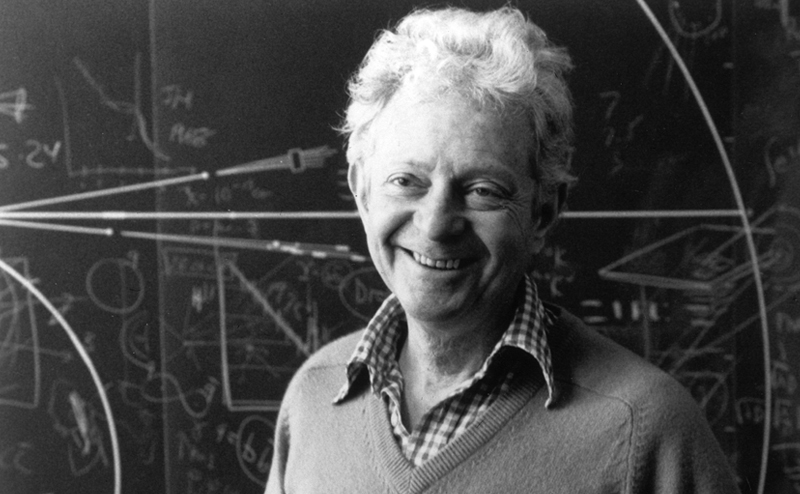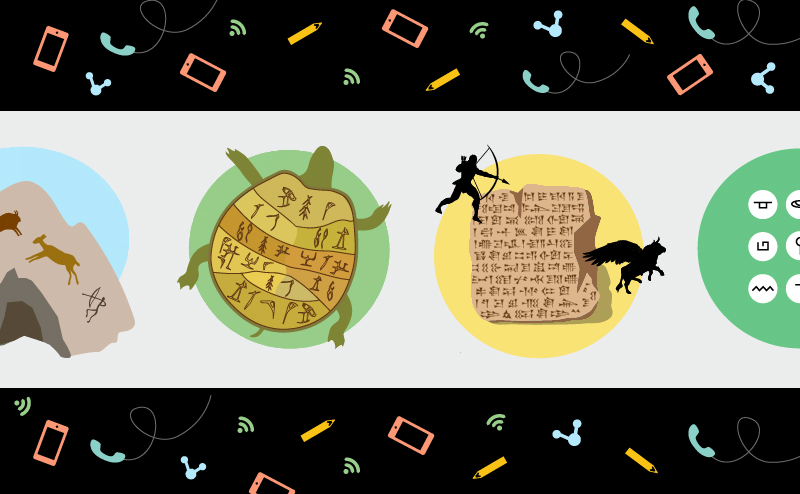Articles
Spacewalking was forever immortalized in Neil Armstrong’s giant leap from the Apollo Lunar Module to the surface of the moon. But Armstrong was neither the first nor last to spacewalk—in fact, over 200 humans have left their spacecrafts since cosmonaut Alexei Leonov first ventured into the vacuum in 1965. Read on below to learn more about the when, why, and how of stepping into the abyss.
Read More
Leon Lederman, a Nobel Prize-winning physicist and a long-time friend of the World Science Festival, died the morning of October 3. He was 96. Lederman was known for his charm and his sense of humor as well as his scholarship. He won the 1988 Nobel Prize in Physics for his work demonstrating there is more than one kind of neutrino. He served as the director of the Fermi National Accelerator Laboratory, overseeing the construction of the Tevatron, at the time the most powerful particle accelerator in the world. Lederman has been part of the World Science Festival since its founding in 2008, when we were honored to recognize him as our first Pioneer in Science. He will be greatly missed. Video: Leon Lederman, WSF’s First “Pioneer in Science” Video Clip: The Moth – The Singing Janitor, Leon Lederman
Read More
Like many scientists who receive the coveted call informing them they’ve won the Nobel Prize, Donna Strickland was surprised. But there was an additional shocking element for Strickland: She learned that she was just the third woman in history to win the award in physics.
“Really? Is that all?” Strickland, an associate professor at the University of Waterloo and an optics scientist who calls herself a “laser jock,” said at the Nobel press conference. “I thought there might have been more. Obviously we need to celebrate women physicists, because we’re out there.”
Read MoreHumans have been creating new and innovative ways to share ideas and exchange information for as long as we’ve existed, connecting emojis and Snapchats to cave paintings and symbolic scratches in a deep history of humanity’s inherently social nature. Socializing is even built into our bodies: Modern research has shown that a lack of social connection can be as dangerous for your health as a heavy smoking habit, linking an isolated lifestyle with a long and varied list of maladies including heart attacks, depression, and cancer. And while the nature of our interactions has shifted dramatically since early humans first experimented with symbols some 100,000 years ago, at our core, we humans remain the same profoundly social creatures, always searching for new ways to communicate, cooperate, and truly connect.
Read More












